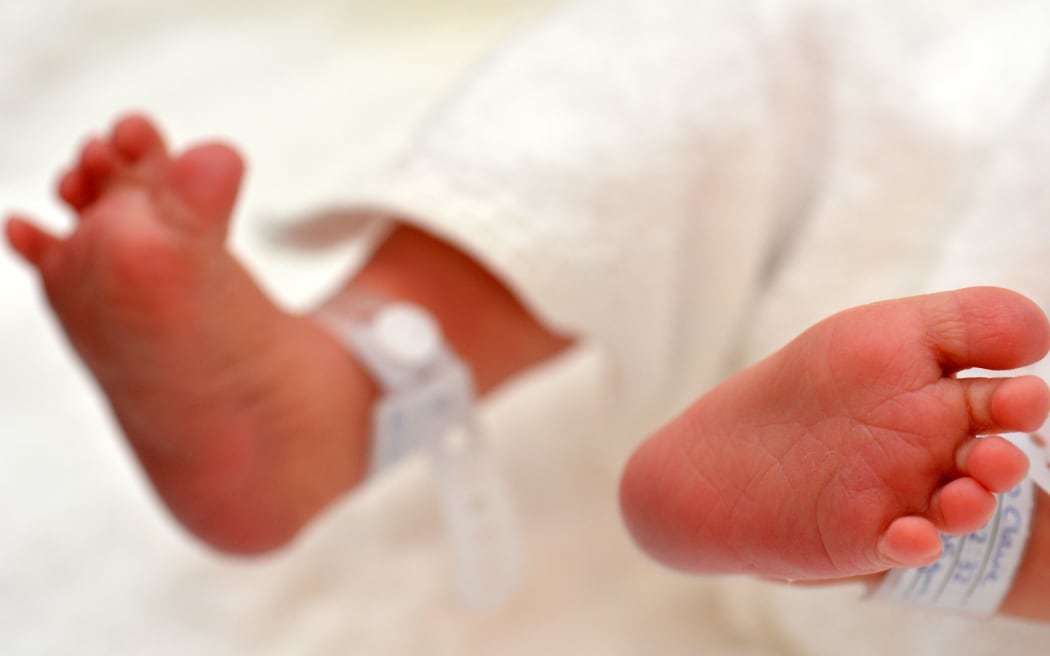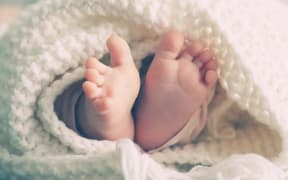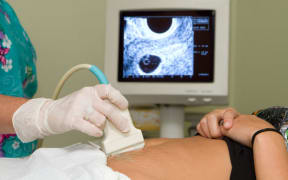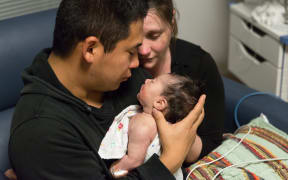A birthing centre run by a charitable trust in Lower Hutt will be mothballed next month due to a lack of funding.

Photo: 123RF
Thousands signed a petition calling on the DHB to take over the running of the centre, which sits just down the road from the main hospital, but its founder has made the call to close it on 23 September.
Hannah Dollery is a first-time mum and was looking forward to having her baby at Te Awakairangi.
"Hospitals can seem scary and massive and a bit intense, I think, especially when you're going into labour. So it was just really exciting to be able to have the option to birth at Te Awakairangi."
Her due date is the day before the centre is set to shut and so has since made other arrangements with her midwife and made peace with the fact her well-laid plans will not come to fruition.
"When you've planned for something your whole pregnancy and things change at the last minute it just makes everything a little bit more difficult.
"And we've tried to be really cool and calm throughout the pregnancy because obviously stress doesn't help that situation, but it does add an extra layer of things to think about... that we could really do without, to be honest."
Amy Taylor, a midwife based in the area said almost all of her clients had planned to birth at the centre, with most having unique and careful reasons for doing so.
"Pretty much every person that was planning to birth at the unit had a very unique story as to why, very personal stories around previous traumas related to previous hospital birth or a mental health history or they're of a particular ethnicity where they don't necessarily feel culturally safe within the hospital environment - as much as the staff there work really hard.
"Everyone had a story why they wanted to birth at Te Awakairangi
She said it felt like the sector was taking a beating when it came to women's and maternal health.
"It feels like we've had one blow after the next over these last few weeks, with one thing or another.
"I'm also just really feeling for my colleagues out there who, like myself, who most of our casework is focused on primary birthing and it's just a real blow to what sustains us professionally in terms of what the birthing unit offers as far as environment and also in terms of the supportive professional community."
The 12-room centre, designed to accommodate non-intervention births, opened in 2018.
Chloe Wright, from the Wright Family Foundation, which set up and has been funding the centre so far said she was bitterly disappointed the DHB had not come to the party.
"It doesn't make any sense at all to dismiss a centre that's four minutes down the road and has incredible support from amazing staff who can practise midwifery skills in the way they're trained to practise them."
The DHB has always been upfront about the fact it was not going to put money in, but Wright said she thought it would change its mind.
"I believed, in good faith and perhaps rather foolishly that when they saw the difference it makes they would engage with us.
"So I took that chance but I didn't really see it as a risk."
She said the foundation had put in $5 million into the centre in the last three years, with $1.4m in costs in the last year.
"Rent is about $300,000 a year, but of course, we've already put in all of the equipment. So we could have worked with [the DHB] on that."
"And they have all that money sitting there ... the $9.4m or thereabouts. We've found out from an OIA (Official Information Act) they've spent about $35,000 just talking about a plan of what they might do ... that's a disgrace."
The DHB said there was a range of options for women in the Wellington region which is why it was not in a position to fund Te Awakairangi.
Chief executive Fionnagh Dougan said additional investment in a second primary birthing facility in the Hutt Valley, would be at an additional cost to the DHB and would divert funding away from our core maternity services.
"This would be an unacceptable outcome for the people of our region. Core staffing in Hutt Hospital cannot be diverted to staff a new facility, which would put additional pressure on the current midwifery workforce. Funding an additional service to support low-risk births would not reduce health inequalities across the region."
However, those fighting for the centre say evidence shows the opposite - that primary birthing units such as Te Awakairangi minimise the need for ongoing health care, and the costs in the long term end up lower.
They also questioned the labelling of Hutt hospital's facilities as 'primary birthing', saying they do not meet the standards that should be expected.
National List MP for Hutt South Chris Bishop said under a National government maternity funding would follow the pregnant person and not stay with the DHB.
"It is National Party policy to allow funding allocated to women to follow them depending on where they give birth. So we will allow choice for women so that if women chose to use the birthing centre to give birth that funding will follow them.
"And that would mean that the DHB would have essentially a pile of money following them that would allow [Te Awakairangi], as I understand it, to maintain its operations."
The centre would be mothballed on 23 September, meaning the doors would shut but the equipment would all stay in place, in the hopes one day it could reopen.





